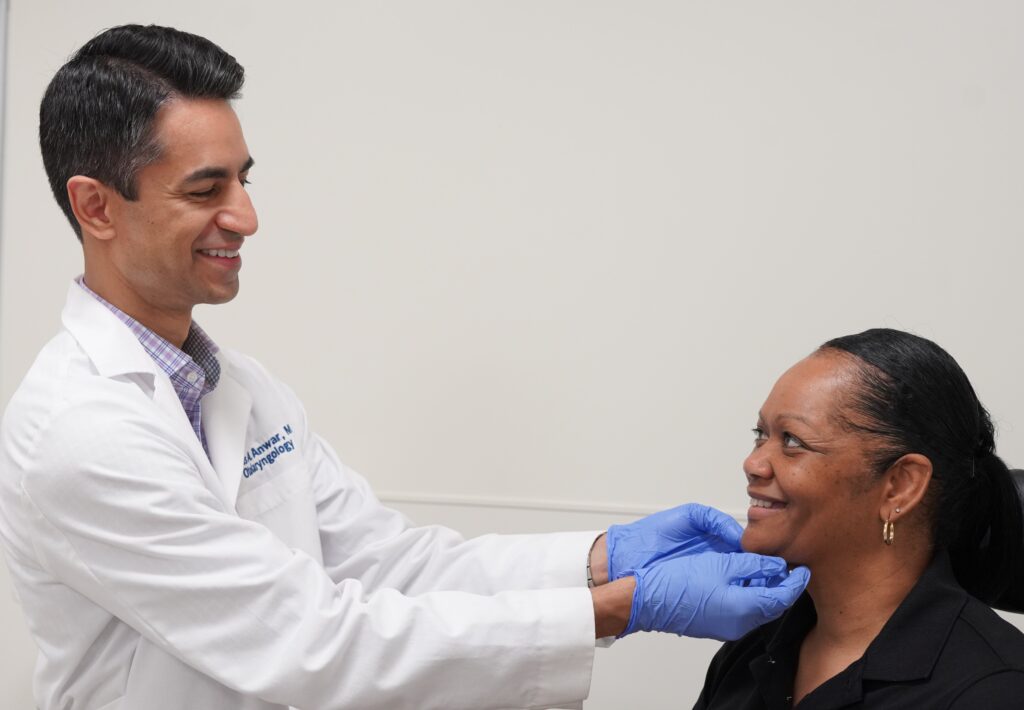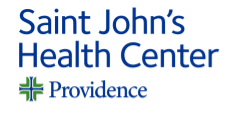
Republished from Medical News Today
The thyroid is a butterfly-shaped gland that sits in the front of the neck. It produces hormones that are essential for heart rate, digestion, mood, and other functions crucial to human health.
The thyroid produces the hormones calcitonin, thyroxine (T4), and triiodothyronine (T3). These hormones keep body processes, including metabolism, mood, breathing, and heart rate, running smoothly.
Diseases such as Hashimoto’s thyroiditis cause a hormone imbalance, disrupting the thyroid gland’s hormone production to varying degrees.
The American Thyroid Association estimates that more than 12% of people in the United States experience some form of thyroid issue during their lifetime. Around 60% of people with thyroid disease do not know they have the condition.
This article looks at the thyroid gland, its functions, and some common conditions that can cause thyroid disease.
The function of the thyroid
The thyroid uses iodine to produce hormones that affect:
- breathing
- heart rate
- digestion
- weight
- moods
The three hormones that the thyroid produces are:
- calcitonin
- T3
- T4
Common conditions of the thyroid
Various conditions can affect the thyroid gland, and thyroid disease can develop when the thyroid makes too much or too little calcitonin, T3, and T4.
Hyperthyroidism
Hyperthyroidism occurs when the thyroid produces too much calcitonin, T3, and T4. People with a higher risk of hyperthyroidism include women, anyone older than 60 years, and anyone pregnant in the past 6 months.
Symptoms of hyperthyroidism include:
- nervousness
- irritability
- muscle weakness
- inability to tolerate heat
- fatigue
- trouble sleeping
- hand tremor
- rapid, irregular heartbeat
- diarrhea
- weight loss
- mood swings
Hypothyroidism
Hypothyroidism is the opposite of hyperthyroidism and occurs when the thyroid does not produce enough of the hormones calcitonin, T3, and T4. Those at a higher risk for hypothyroidism include women, anyone over 60 years.
Symptoms of hypothyroidism include:
- fatigue
- weight gain, puffy face
- inability to tolerate cold
- muscle and joint pain
- constipation
- dry skin
- dry, thinning hair
- irregular or heavy menstrual periods
- fertility problems in females
- depression
- slow heart rate
- goiter
Thyroid cancer
Thyroid cancer is a disease where cancer cells form in the tissue of the thyroid gland. Thyroid cancer may not have any symptoms in the early stages. However, as the tumor grows, the individual may develop:
- trouble swallowing
- pain when swallowing
- a lump in the neck
- trouble breathing
- hoarseness
Hashimoto’s thyroiditis
Hashimoto’s thyroiditis is an autoimmune disorder involving chronic inflammation of the thyroid. If Hashimoto’s thyroiditis develops into hypothyroidism, the individual may experience:
- weight gain
- fatigue
- constipation
- increase in sensitivity to cold
- depression
- dry skin
- muscle aches
When to contact a doctor
If an individual has a family history of thyroid disease, they should have regular blood work to monitor their thyroid hormone levels and ensure they remain within an acceptable range.
Anyone experiencing symptoms of hyperthyroidism or hypothyroidism should visit a doctor to review their hormone levels. People should also contact their doctor if they can feel a new lump in their neck or experience any symptoms affecting their throats, such as difficulty eating or breathing.
Doctors can diagnose thyroid diseases through:
- physical examination
- medical history
- thyroid tests
- biopsy
Thyroid tests include TSH, T3, T4, and thyroid antibody blood tests, and imaging tests such as:
- ultrasound scan
- thyroid scan
- radioactive iodine uptake test
At Pacific Head and Neck, we employ thorough evaluation and treatment regimes. Call our office today for an appointment with our top Los Angeles ENT physicians and Audiologists.
If you have any questions, feel free to call us at (310) 477-5558.







